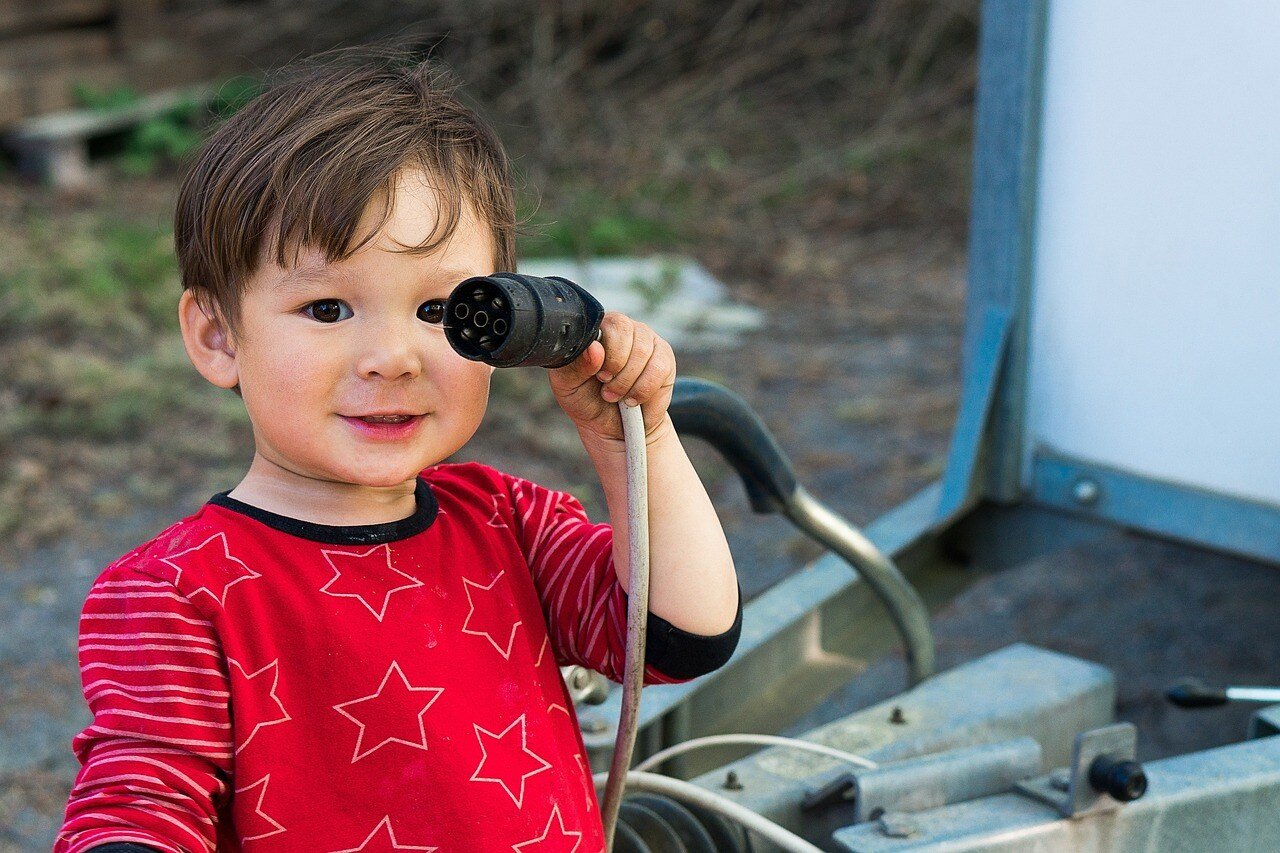How to Express Romantic Love: Effective and Heartfelt Gestures
All the world celebrates romantic love, and people from all walks of life look for ordinary moments and extraordinary ones to express love to their...
3 min read
![]() Williamsburg Therapy Group
:
Feb 7, 2025 9:05:49 PM
Williamsburg Therapy Group
:
Feb 7, 2025 9:05:49 PM

Childhood is a time of intense development, and as children learn how to interact with the world around them, negative behaviors can pop up. Often, these behavioral problems can be a mystery to parents or guardians.
Behavior therapy is a type of psychotherapy that focuses on learning’s role in developing both normal and abnormal behaviors. It assumes that behavior is either learned or unlearned and thus, the therapeutic approach focuses on reinforcing desired behaviors and eliminating undesired ones.
Behavior therapy is a problem-focused approach, emphasizing the individual’s present problems and finding ways to change their maladaptive behaviors.
There are a number of evidence-based therapy approaches that can be applied to help develop desirable behaviors in children.
Cognitive Behavioral Therapy (CBT) is a type of behavioral therapy that focuses on the relationship between thoughts, feelings, and behaviors.
Dialectical Behavior Therapy (DBT) is a type of behavioral therapy that combines CBT with mindfulness techniques to help individuals manage their emotions and behaviors.
Behavioral Parent Training is a type of behavioral therapy that teaches parents skills and techniques to manage their child’s behavior. Parent training interventions can be especially helpful in the long-term management of negative behaviors.
Exposure and Response Prevention (ERP) is a type of behavioral therapy that helps individuals overcome anxiety disorders by gradually exposing them to feared situations or objects.
Within these different therapeutic frameworks, there are a number of techniques that can be used to develop a child's behavior. Some of these include:
Child therapy can be implemented in a variety of settings, including schools, homes, and clinics, to facilitate the positive behavior that can help a child become more successful in social and academic settings. In fact, behavioral techniques may be approached in a team approach, with support from a number of settings.
In addition, behavioral therapists can work with individuals, groups, or families to implement behavior therapy. Behavioral therapists may also act as a bridge between home and school life, working with teachers and other professionals to implement behavior therapy in schools.
So who can benefit from behavior therapy for kids? There are a number of developmental and mental health disorders that can impact a child's behavior, including ADHD, ODD, conduct disorder, and anxiety disorders.
Behavior therapy can also be used to address repetitive behaviors, such as those seen in autism spectrum disorder. In addition, therapy can also be used to address emotional disorders, such as depression and bipolar disorder.
Parents expect a certain level of adherence to their own rules, and behavioral parent training alongside the therapy to address their child's behavior can set them up for success, teaching them self-control of their own behavior and helping them to create a positive relationship that reinforces the positive behavior learned by their child.
Behavior therapy typically involves a series of sessions with a trained therapist. The therapist will work with the individual or family to get a detailed history, identify goals for the child and parent, and develop a treatment plan to achieve these goals.
As sessions continue, the therapist will support the child's emotional well-being and also teach the individual and family skills and techniques to manage their behavior.
Undesirable behaviors can develop from any number of contributing factors, and therapy can help parents learn how to use coping skills to control their own behavior, offer consistent discipline, and build their child's self-esteem alongside positive behavior.
At Williamsburg Therapy Group, our team of doctoral-level Miami psychotherapists offers a number of evidence-based therapeutic approaches to talk therapy that offer the tools necessary for creating a healthy environment for your child or adolescent with autism and sharing techniques that can benefit the whole family.
If you are having trouble helping your child with autism, call our service coordinator to be matched with a therapist that can offer social support, treat any comorbid mental disorders that may be contributing, facilitate healthy communication, and in general improve the mental health and well-being of your child.

All the world celebrates romantic love, and people from all walks of life look for ordinary moments and extraordinary ones to express love to their...

What is relationship burnout or relationship fatigue? Many of us have heard of burnout, but we often connect it to professional life and the problems...

In today's digital age, so many of us are locked into our mobile devices each and every day, which can have a negative impact on our mental...